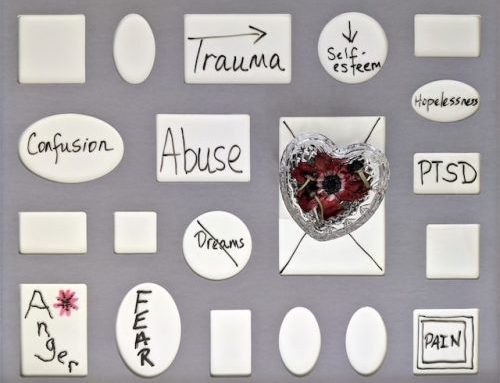When you hear the word hypnosis, what do you imagine? Maybe an ominous looking hypnotherapist waving a
pocket watch back and forth, back and forth, guiding his subject into a semi-sleep, zombie-like state, as so often portrayed in movies, comic books and television. Once hypnotized, the subject is compelled to obey, no matter what!
This popular representation bears little resemblance to actual hypnosis. Modern understanding of hypnosis contradicts this conception on several key points. Subjects in a hypnotic trance have absolute free will, and they’re not really in a semi-sleep state, but a trance like state where they are hyper-attentive.
Our understanding of hypnosis has advanced a great deal in the past century, with most of psychology agreeing we have a Conscious Mind and a Sub-Conscious Mind (or unconscious).
Making changes in our attitudes, beliefs and values is not easy for most people to do, because they approach the change consciously, but for a change to occur we need to work with both. Hypnosis facilitates that by making the sub-conscious Mind more open to suggestion from the Hypnotherapist.
Hypnosis is safe, very relaxing, and you will not do anything you do not choose to do or is outside your value system.
The Sub-conscious Mind is the part of you that runs your body. It allows you to breathe while you sleep. It makes your heart beat. It causes your nerves to send messages along the neural pathways. The Sub-conscious Mind is the source of the intelligence of your body and Hypnosis and Hypnotherapy allows you to tap into the power of the Sub-conscious Mind to create change in your life.
Hypnosis, also known as hypnotherapy, is a method of inducing a trance or a dream-like state of deep relaxation in order to remove blockages and make changes in your sub-conscious Mind. It has been practised in various forms for thousands of years by many cultures including Druid, Celtic and Egyptian. In the 19th and early 20th centuries, hypnosis (or ‘mesmerism’) was seen more as a sideshow curiosity than a valid medical treatment.
Today, hypnosis is recognised by the scientific community as an effective healing tool.
The hypnotic state
The brain has different levels of consciousness, or awareness, ranging from fully alert to drowsy to fully asleep, with variations in between. Hypnotic states occur naturally and spontaneously, like daydreaming, being absorbed in a pleasant task and losing track of time, or the dreamy state just before falling asleep. This trance like state, we all experience, daily.
Hypnosis deliberately induces this kind of relaxed state of awareness. Once the mind is in a relaxed state, any therapeutic suggestions can have great effect on attitudes, perceptions and behaviours. Hypnosis accesses the ‘unconscious mind’, which is more open to new ideas than the rational ‘conscious mind’. During hypnosis a person is said to have a heightened focus, concentrating intensely on a specific thought or memory, whilst blocking out sources of distraction.
Things to remember
• Hypnosis is designed to induce a relaxed and suggestible state of mind.
• Contrary to popular belief, you are always in control and can’t be hypnotised against your will.
• Hypnotherapy works well with those who want to achieve desired results and are open to suggestions.
• Hypnotherapy is safe and drug free.
• It is very relaxing and has profound results for those who want to make changes in their life.
Hypnotherapy works well for:
• Phobias
• Fears and anxieties
• Weight loss
• Stopping smoking
• Pregnancy fears
• Birthing fears
• Birth debriefing
• Relationship issues
Book an appointment with Susan today:
https://birthright.com.au/services/hypnotherapy/





